Those of us who work with the youngest learners (ages 0 through 8) have lots of buzz words to describe best practice in our early childhood classrooms. One of the terms that has been creating a great deal of attention in education circles of late, has been the concept of makerspaces.
Does a Makerspace Belong in an Early Childhood Classroom?
Perhaps, as an early childhood educator, you may equate this term with 3D printers and power tools so it goes in the “Not for Me” box. Let’s take another look at what exactly happens in makerspaces and how that might translate into a world far removed from robotics and CAD designs.
What exactly is a makerspace? It is a space where children are provided with materials to work together to complete a task. Innovation, problem solving, and cooperation all describe what happens in a makerspace. The process of experimenting and building a solution to a problem can occur with such low-tech materials as recycled boxes and paper towel rolls or building bricks and other manipulatives. Making is a way of bringing engineering to young learners within concrete experiences that help build an understanding of abstract science and math concepts.
This concept of experimentation with hands-on learning materials is far from new. Learning centers and project based curriculum play an important part in early childhood classrooms around the world. The thinking behind the maker movement overlaps with a young child’s need to learn through manipulating objects and engaging their senses as espoused by such great minds as Maria Montessori and Jean Piaget.
Building an Early Childhood Makerspace
Providing the “stuff” is only part of helping to develop the problem-solving skills of tomorrow’s inventors and scientists through makerspaces. Encouraging deep thinking includes giving students time to brainstorm, invent, design and build…and helping them to fix mistakes, test, and improve while making sure not to overstep and rob them of learning through mistakes.
If you’d like to learn more about what makes a Makerspace, and how you can encourage the “maker” in all of your students, check out the makerspace blogs on our site.
Ginny Streckewald
Ginny Streckewald, M. Ed., holds a Masters’ degree in Specialty Education focusing on Early Intervention. She has over 35 years of inclusive teaching experience with young children, and has worked closely with premature and developmentally delayed infants and toddlers. Read more posts by Ginny Streckewald –>

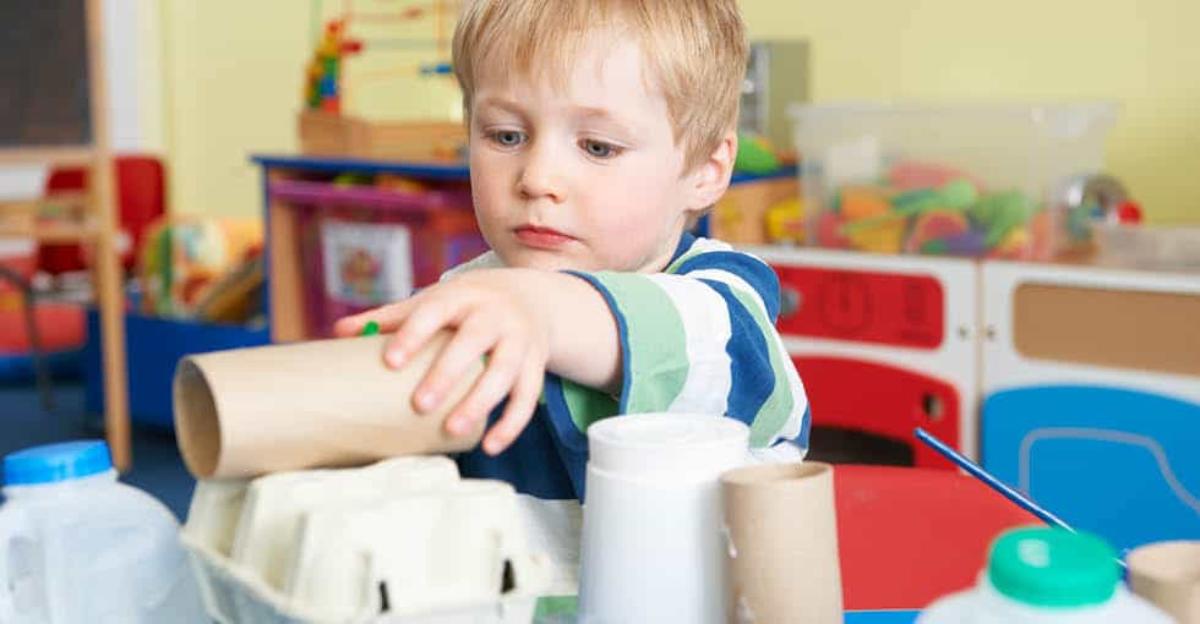
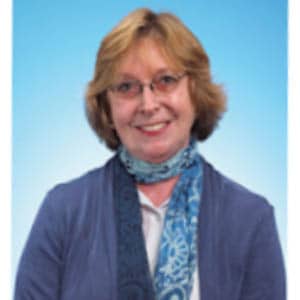
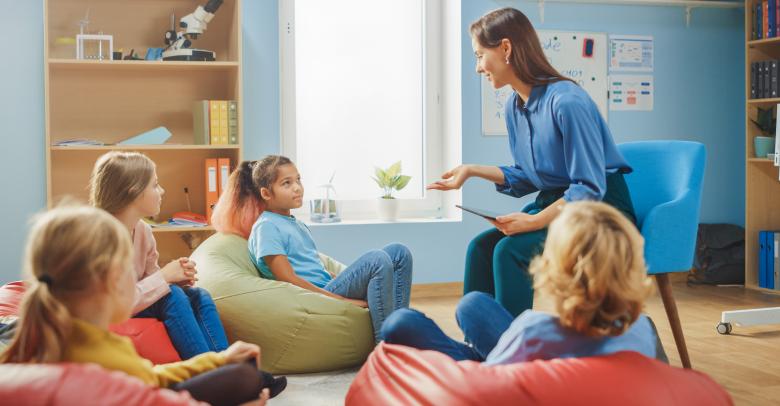
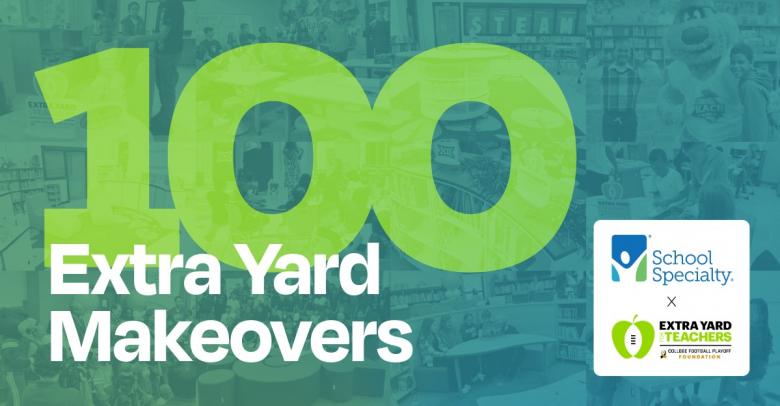
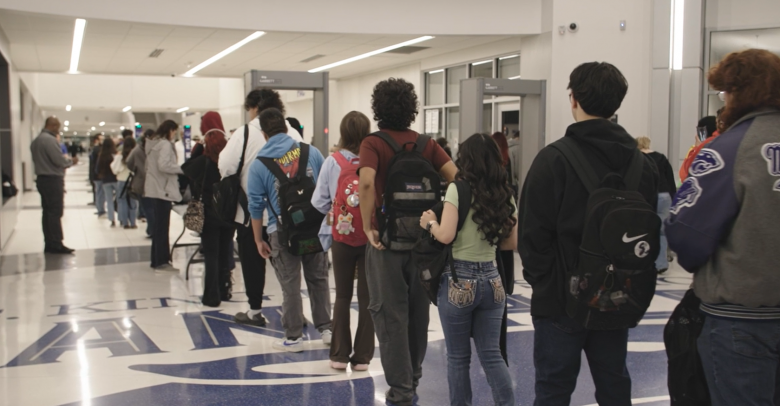
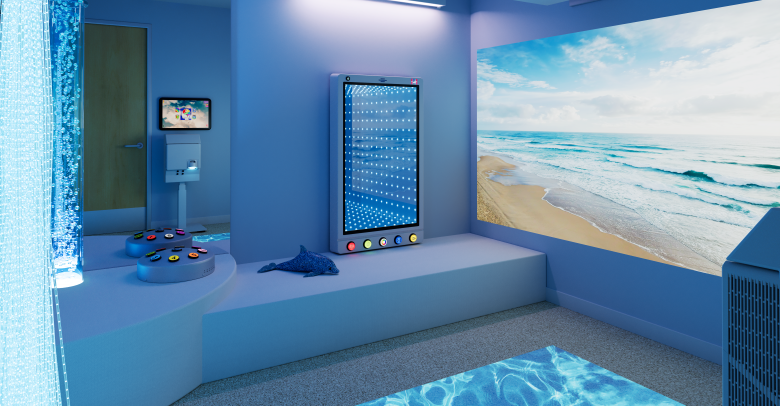
Leave a Reply